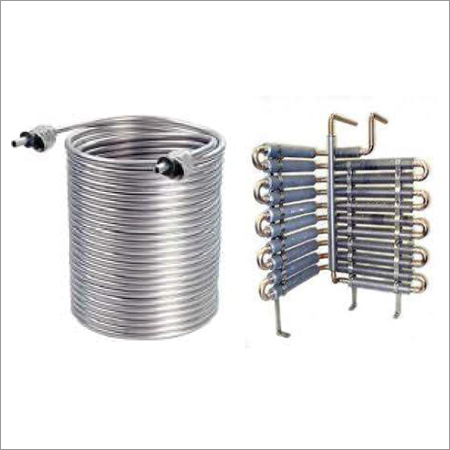Keeping Your Machinery Cool: A Guide to Heavy Duty Cooling Solutions

When it comes to heavy-duty machinery, one of the most critical aspects of maintenance and performance optimization is ensuring that your equipment stays cool. Overheating can lead to a range of issues, from reduced efficiency to costly breakdowns. In this comprehensive guide, we will explore the importance of cooling solutions for heavy machinery and provide valuable insights into how to keep your equipment running smoothly.
Visit Us: Dolphin Radiator
The Significance of Proper Cooling
Heavy-duty machinery, whether it’s used in construction, manufacturing, agriculture, or any other industry, generates an immense amount of heat during operation. This heat can have detrimental effects on the machinery’s components and overall performance. Here’s why proper cooling is so crucial:
1. Prevents Component Damage
Excessive heat can cause various components within your machinery to wear out faster. Bearings, seals, belts, and wiring are particularly vulnerable to heat-related damage. When these components fail, it can result in costly downtime and repairs.
2. Maintains Efficiency
Heat can reduce the efficiency of your machinery. As the temperature rises, the engine’s power output may decrease, leading to reduced productivity and increased fuel consumption. Proper cooling ensures that your equipment operates at its optimal temperature, maximizing efficiency.
3. Extends Lifespan
Cooling solutions play a vital role in extending the lifespan of heavy-duty machinery. By preventing overheating and associated wear and tear, you can significantly increase the longevity of your equipment, saving on replacement costs.
Types of Cooling Solutions
Now that we’ve established the importance of cooling, let’s explore the various cooling solutions available for heavy machinery:
1. Radiator Systems
Radiator systems are the most common cooling solution for heavy machinery. They work by using coolant (usually water mixed with antifreeze) to absorb heat from the engine. The hot coolant then passes through the radiator, where it is cooled by airflow. Radiator systems are effective and relatively easy to maintain.
2. Oil Coolers
Oil coolers are essential for heavy machinery that relies on hydraulic systems. These coolers help regulate the temperature of hydraulic oil, ensuring that it remains within the optimal range. Overheated hydraulic oil can lead to system failures and decreased performance.
3. Charge Air Coolers
Charge air coolers, also known as intercoolers, are common in heavy-duty diesel engines. They cool the compressed air before it enters the engine’s combustion chamber. Cooler air is denser, which can result in improved engine performance and reduced emissions.
4. Fan Systems
Fan systems are often used in conjunction with radiator systems to enhance cooling. These fans draw in ambient air and direct it over the radiator to aid in heat dissipation. Variable speed fans are particularly useful as they can adjust their speed based on cooling needs.
5. Coolant Additives
In addition to the cooling systems themselves, using high-quality coolant additives can help improve the efficiency of your machinery’s cooling system. These additives can prevent corrosion, inhibit the formation of scale and deposits, and improve heat transfer.
Maintenance and Best Practices
Proper maintenance is essential to ensure the effectiveness of your heavy-duty machinery’s cooling solutions. Here are some best practices to keep in mind:
- Regular Inspections: Schedule routine inspections to check for leaks, damaged components, and clogs in the cooling system.
- Cleanliness: Keep the radiator and other cooling components clean and free from debris to maintain optimal airflow.
- Coolant Levels: Monitor coolant levels and quality. Replace coolant as needed to prevent corrosion and maintain proper heat transfer.
- Fan Maintenance: Ensure that cooling fans are in good working condition and clean to prevent overheating.
- Temperature Monitoring: Invest in temperature monitoring systems to keep track of your machinery’s operating temperatures and receive early warnings of potential issues.
- Training: Train your operators and maintenance personnel on the importance of proper cooling system maintenance and troubleshooting.
Conclusion
Keeping your heavy-duty machinery cool is not just a matter of comfort; it’s a critical aspect of ensuring the longevity, efficiency, and performance of your equipment. By investing in the right cooling solutions and following proper maintenance practices, you can protect your machinery and your bottom line. Don’t let overheating be the Achilles’ heel of your operations; keep your machinery cool and running smoothly.
Find more at: Dolphin Radiator
